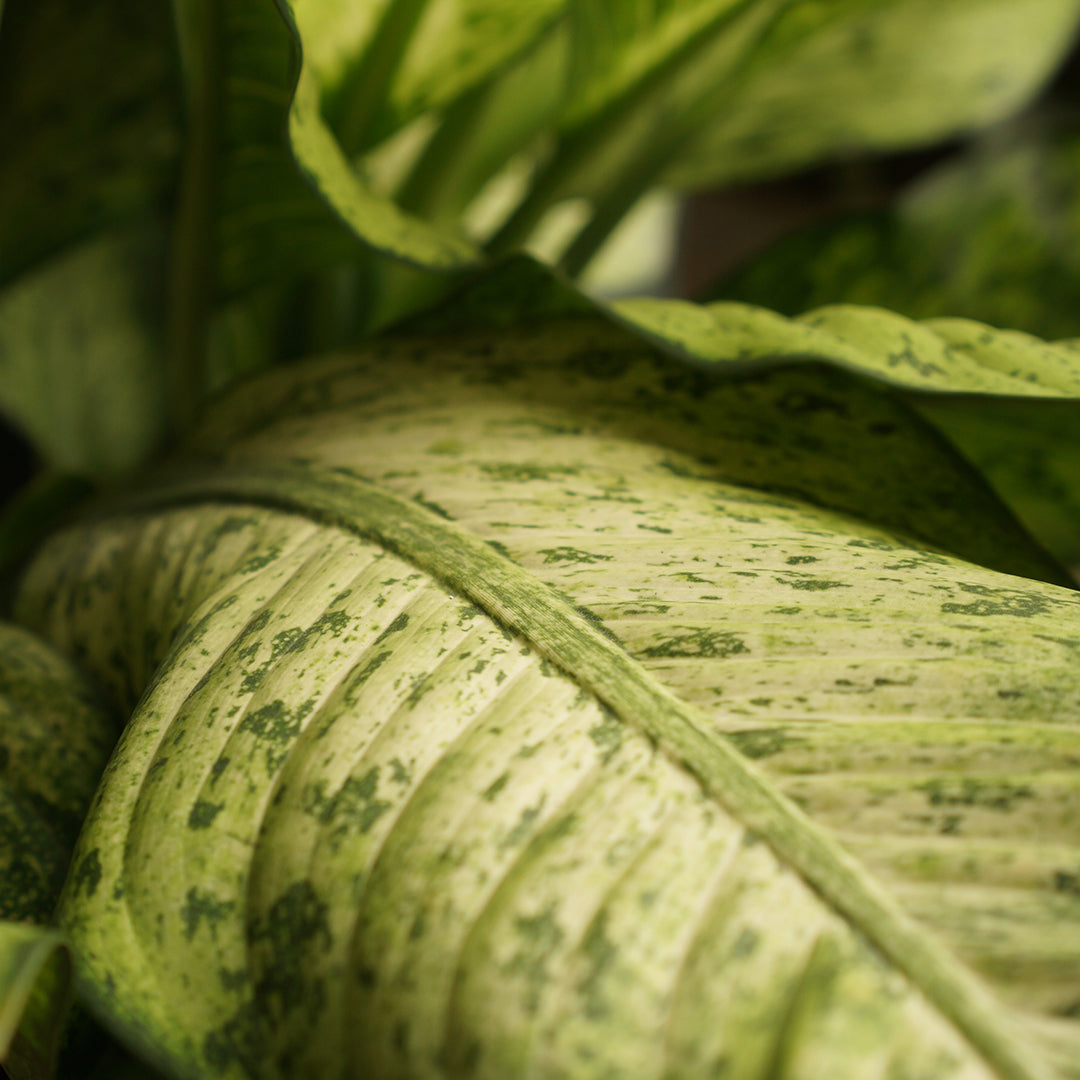The Problem With Palm Oil

If you check the ingredients of many food items today, such as chocolate and cakes, or look at what’s in your soap, shampoo and lipstick, you’ll probably find palm oil is there on the list. In fact, palm oil is said to be in around 50% of packaged supermarket products and is also widely used as a cooking oil. You might be surprised to learn that in the EU, more than half the imported palm oil is being used to make biodiesel, a biofuel for cars and trucks.

Popularity comes at a price
Palm oil’s popularity stems from its versatility and growth efficiency. Grown in the tropics, palm oil is odourless, colourless, stable at high temperatures, contains less trans fatty acids versus alternatives and is a highly productive crop, making it a relatively low cost resource. For these reasons, palm oil is a desirable ingredient, but it comes at a high cost to the environment. When used as a biofuel, palm oil biodiesel releases three times the amount of greenhouse gases of regular fossil fuel!
Deforestation and devastation
Most palm oil (around 90%) comes from oil palms grown on islands in Malaysia and Indonesia. However, with demand for palm oil constantly increasing, plantations are spreading across Asia, Africa and Latin America too.
Let’s look at the impact palm oil farming is having in Indonesia alone:
- Hectares upon hectares of palm oil plantations are replacing rainforests and carbon-rich peatland that is home to Indonesia’s native orangutan. Orangutans are now considered critically endangered.

- It’s not just orangutans being affected by habitat loss through palm oil deforestation, more than 60% of the species in the region depend on Indonesia’s forests to survive. Indonesia’s forests are so diverse, they house 10% of the world’s unique fauna species.
- Drainage of peat soils for planting oil palms contributes to huge amounts of greenhouse gas emissions.
- The destruction of established plants and trees to make way for plantations releases carbon emissions into the atmosphere. With less trees to absorb the carbon, the problem is made even worse.
- Fertilisers, pesticides and waste from processing palm oil pollute the surrounding water systems.
- Palm oil producers are abusing the human rights of landowners and local people. There have been reports of violence and force being used against people in local communities where landowners wish to expand, and child labour being used in palm oil production.
What’s the solution?
Sustainable farming of palm oil involves making use of agricultural and fallow land to grow oil palms rather than destroying existing rainforests to make way for plantations. When farmed sustainably and used responsibly, the palm oil industry can be a benefit for wildlife, people and the environment, but the challenge is making sustainable practices the norm.
The Roundtable on Sustainable Palm Oil (RSPO) is one organisation working hard to enact change. Many countries have already made commitments towards sustainable palm oil use and combined with organisations like RSPO providing support and education to local farmers, improvements are being made each year.

How can you help the cause?
Boycotting palm oil altogether may seem like an obvious solution, but in fact, doing so could wreak further havoc on the environment and on the economy. If palm oil wasn’t in use, it would need to be replaced with an alternative, and this would require far more agricultural land. For example, a hectare of oil palms will yield more than twice the oil of a hectare of sunflowers. In general, palm oil requires four to ten times less land than other vegetable oil crops to get the same amount of oil.
The palm oil industry also supports the livelihoods of many people around the world. It’s estimated to provide 2.9 million jobs to workers mostly in India, China and Europe.
As an individual, you can do your part to support sustainable palm oil by being selective about the brands you buy from. To find out how your favourite brands are doing in the palm oil stakes, take a look at WWF's palm oil scorecard and make a conscious choice to support those doing their bit!
Let us know your thoughts on this blog post – we’d love to hear from you! You can get in touch with us any time on social media or by email. Follow us on Facebook and Instagram to stay up to date with the latest in sustainable fashion and ethical fashion from Vino Supraja.



